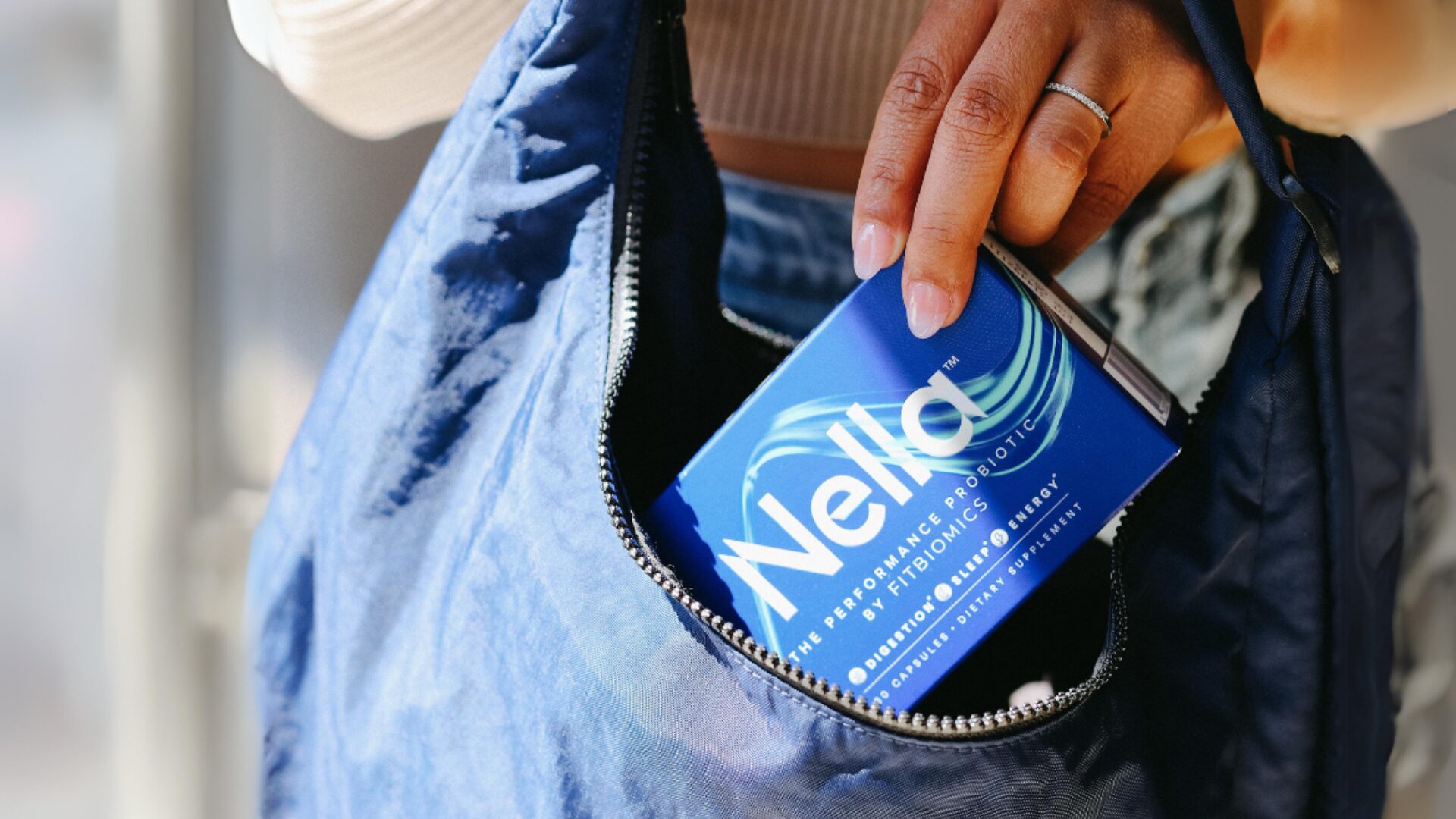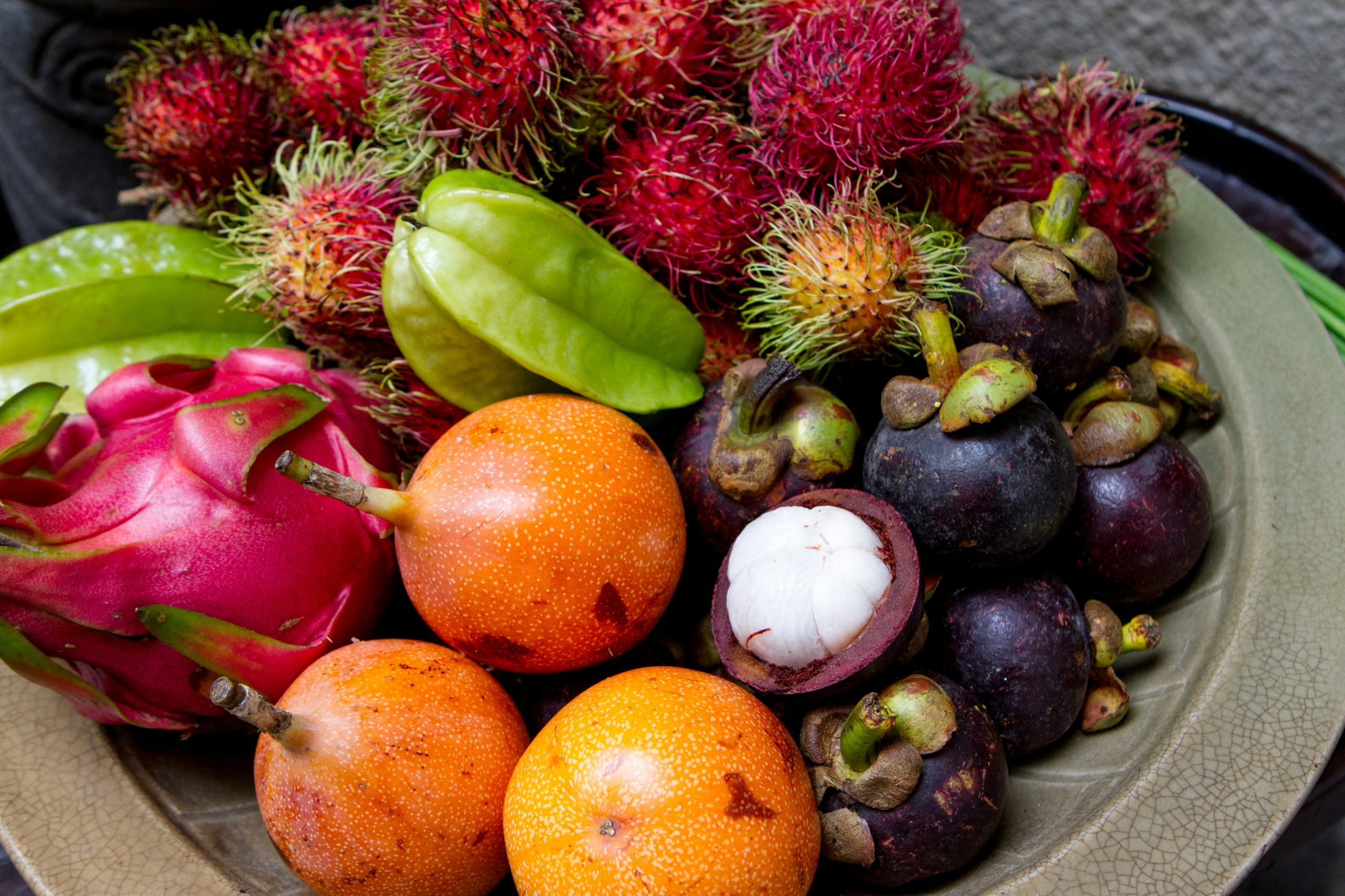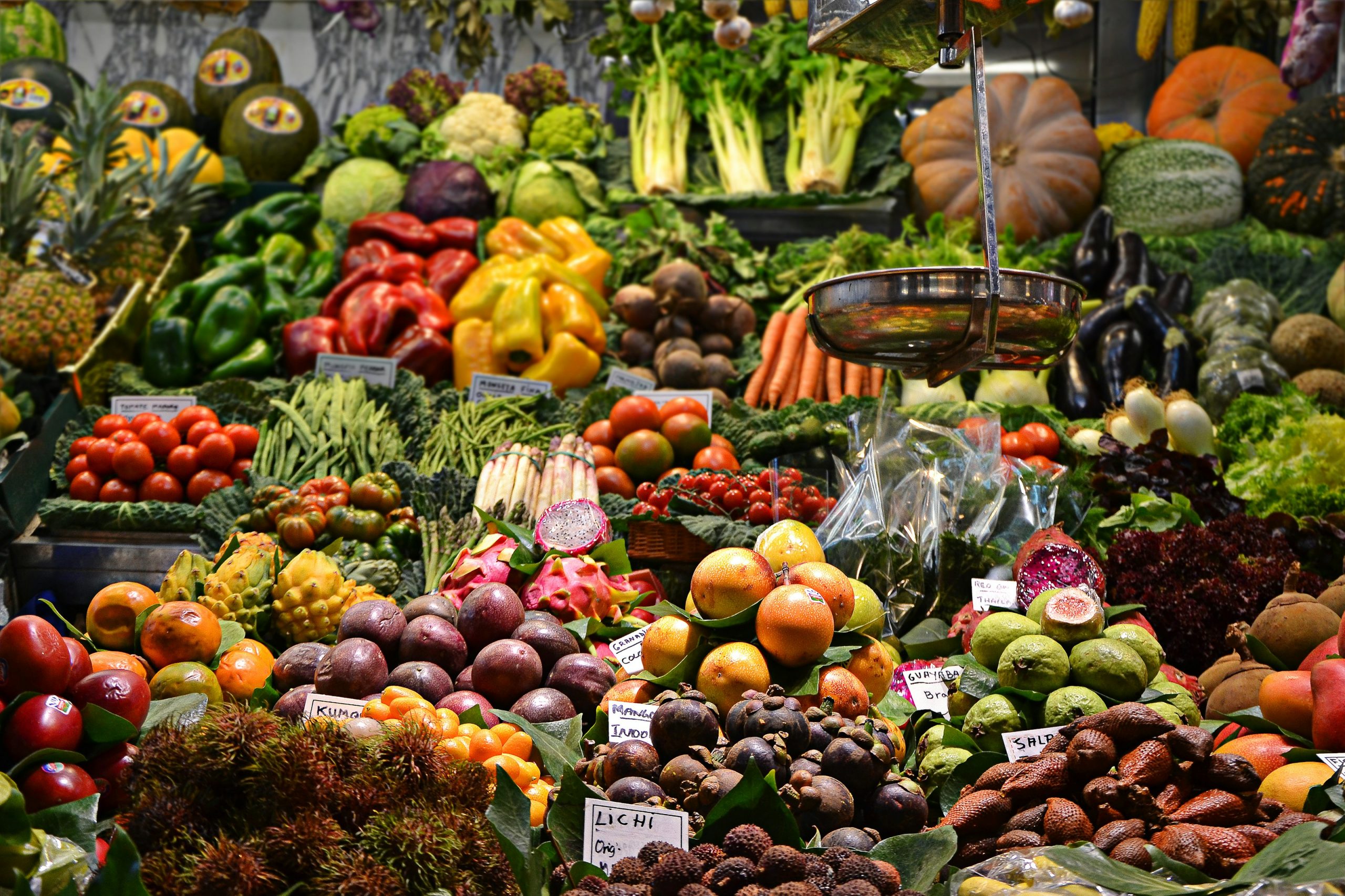Picture this: a shopper orders yogurt with customizable bacteria strains tailored to their gut microbiome to address chronic issues and support general well-being. Once a science fiction dream, this future is becoming a reality.
Companies such as FitBiomics offer solutions that “hack” consumer microbiomes to support a healthy gut while touting added benefits. The Food Institute recently sat down with CEO Dr. Jonathan Scheiman, PhD. to discuss FitBiomics’ journey to develop solutions that evaluate the guts of professional athletes to empower the average individual to improve their health.
“Rather than looking at disease or what’s broken, we took the opposite approach – let’s look at the 0.1% of the human population and see what is working,” Scheiman explained. “We can now decode that and translate it to help everyone.”
That has resulted in products that leverage the data collected from these top performers: V•Nella, which has been shown to fight fatigue, increase endurance, and stimulate movement, and Nella, which targets sleep quality, digestion, and energy. The former flagship is made with a veillonella microbe strain that eats lactic acid, while the latter leverages patented lactobacillus strains.
Where in the Market Does Biological Hacking Fit?
Committed to the philosophy of “exercise is medicine,” the product appeals to former athletes desiring to stay in shape; however, the brand also targets middle-aged Millennials and Gen X shoppers thinking about their weight, women facing perimenopause, and those hampered by chronic fatigue.
“Why is society addicted to energy drinks? We’re so tired,” Scheiman exclaimed, adding that, after the pandemic, fatigue has nearly become an epidemic in the U.S. On the other hand, it also catalyzed Americans to evaluate their personal health.
“The pandemic jumpstarted the way consumers think about wellness. Not just the physical side, but also the mental and social,” noted CEO Brian Choi in a recent FI webinar on healthy snacking. FitBiomics tackles these consumer need states with its assortment.
Among V•Nella’s top applications, Scheiman noted that the product synergizes with GLP-1 agonist drugs, such as Ozempic and Wegovy, which he mused “have changed everything.” These users are cutting their calories but may need an extra push to improve their exercising. He hopes to accelerate investments for these consumers.
Visions of CPG Integration
Although in its current form, FitBiomics’ sells DTC pills, Scheiman said that its next integrations will double down on the CPG space.
“We endeavor to be the NVIDIA of wellness,” explained Scheiman. “We’ve created this biological software that we can now integrate, and I love food-tech applications.”
Already, the company is developing partnerships with CPG manufacturers worldwide to integrate its assortment into ready-to-eat offerings. Some of these partnerships will come to light in the new year.
“We want to help as many people as possible with these new probiotics,” he said. “To scale, it is going to come from commercial partnerships.”
The market potential for these consumers appears fruitful.
The global probiotic market sits at roughly $71.2 billion; however, it’s projected to exceed $100 billion by the end of the decade. In the snacking space alone consumers want what they consume to do more: 36% of consumers are looking for energy management and 25% want specific goal support to improve their wellbeing, noted Glanbia Nutritionals senior customer marketing manager Bill Waltzek in the recent snacking webinar.
A recent dunnhumby report found that better-for-you shoppers on average have $59 more to spend on food each month than traditional shoppers and are looking for healthier options in their ready-to-eat CPGs. Moreover, these shoppers are demanding better personalization options.
Together, the data indicate a strong market potential for the space.
One competitor in the space is Japanese brand Calbee which recently launched Body Granola in Japan. The offering allows consumers to send a sample of their gut bacteria to receive customized granola and probiotic toppings best matched to the shopper’s microbial needs.
The Food Institute Podcast
Is it possible to balance a legacy brand and innovative ideas for a food company? Bibie Wu, chief communications and technical development officer with Del Monte, shares how her company respects its past while looking to the future, and how her dual roles in marketing and product development inform each other and improve the company.












